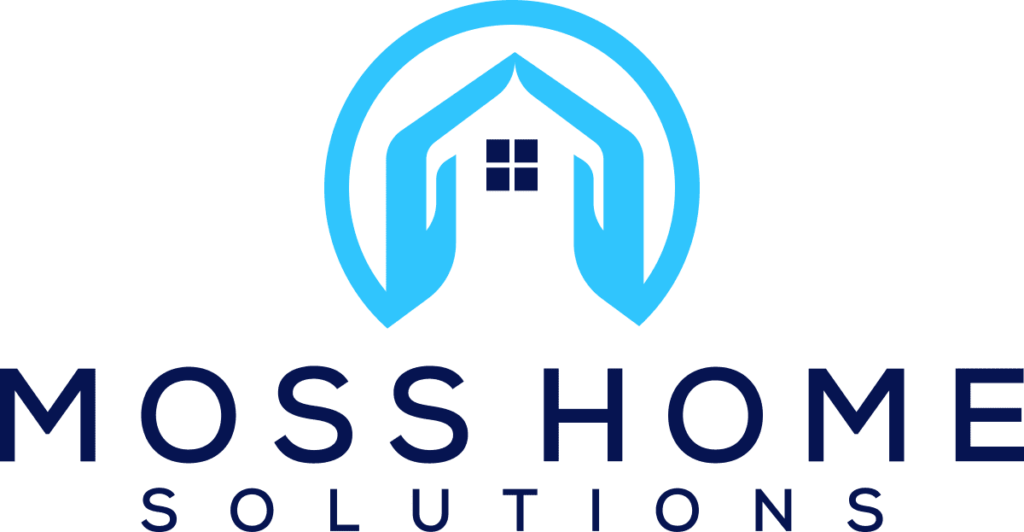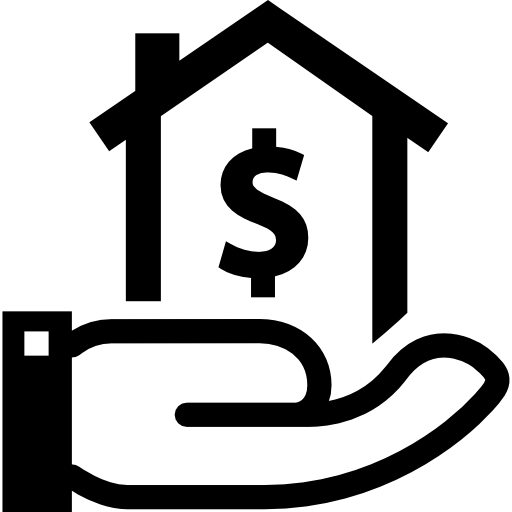In 2024, the average home sale price in Rhode Island is around $467,485, with real estate commissions typically ranging from 5% to 6%.
Additional costs, like repairs and staging, can also cut into your profits.
But why let selling costs chip away at your gains?
By considering options like selling your home as-is or going the For Sale By Owner route, you can dodge hefty fees.
We’ll uncover your costs and the savvy strategies to save.
Key Notes
- Real estate commissions can range from 5% to 6%, negotiable with agents.
- Selling as-is to cash buyers can save on repairs and closing costs.
- FSBO can help avoid commissions but requires effort in marketing and negotiations.
- Capital gains tax applies to profits; exclusions may apply if you meet eligibility.
Overview of Selling Costs

Seller closing costs generally range between 2% and 5% of the sale price. For a home priced at $500,000, this translates to approximately $10,000 to $25,000.
These costs often consist of:
- Title Insurance: This can be around $1,000 and protects against possible claims or disputes regarding ownership.
- Recording Fees: Usually between $150 and $250, these fees cover the cost of filing the sale with local governments.
- Attorney Fees: Although not mandatory, many sellers choose to hire an attorney to review documents, which can cost around $300 to $600.
Average Cost of Real Estate Agents
When selling a home, one of the most significant costs you’ll face is the real estate commission.
In Rhode Island, commission rates typically range from 5% to 6%.
Using the 2024 average home value of $467,485, let’s illustrate how that translates into commission costs for sellers:
- At a 5% commission, you would pay approximately $23,374.25
- At a 6% commission, the costs could rise to about $28,048.10
These figures underscore the importance of negotiating commission rates with your agent and exploring options for reduced fees, such as discount brokers.
By being proactive in managing these costs, you can enhance your overall financial outcome from the sale of your home.
Factors Influencing Selling Costs
Rhode Island Real Estate Commission Rates
Commission rates can fluctuate depending on the type of agent you choose and the services they provide.
Traditional real estate agents might provide a full range of services, including marketing and staging your home, but at a higher cost.
Conversely, opting for discount brokers can lower commission fees.
Common Additional Fees
In addition to the main costs above, there are some other fees that homeowners should be aware of, including:
- Home Inspection Costs: A pre-listing inspection can cost between $300 and $500, which helps identify potential issues that could deter buyers.
- Staging: If you choose to stage your home, expect to spend $1,000 to $5,000 depending on the extent and style of staging.
- Repair Costs: Consider any necessary repairs that might need to be made to attract buyers. These costs can vary widely based on your home’s condition.
Tax Implications When Selling Your Home
Selling your home brings potential tax implications you need to consider, especially regarding capital gains taxes.
Do I Pay Taxes When I Sell My House in Rhode Island?
Yes, if you sell your home for more than you paid for it, you may be liable for capital gains taxes.
However, the IRS allows homeowners to exclude up to $250,000 of the gain ($500,000 for married couples) on the sale of a primary residence if certain conditions are met like you must have lived in the home for at least two of the last five years before the sale.
For instance, if you bought your home for $300,000 and sold it for $600,000, you would be taxed only on $50,000 if you’re single and qualify for the exclusion.
Understanding Capital Gains Tax
Capital gains tax is applied to the profit you make when selling an asset.
In Rhode Island, gains are taxed as ordinary income. The tax rates for 2024 are structured progressively, meaning the more you earn, the higher your tax rate will be.
Here’s a brief overview:
- 3.75% on income up to $73,450
- 4.75% on income from $73,450 to $166,950
- 5.99% on income over $166,950
It’s essential to plan for these potential tax implications during your selling journey. Consulting with a tax professional can provide personalized advice tailored to your financial situation.
How to Save Money When Selling a Home
Now that you’re familiar with the costs of selling your home, let’s delve into practical strategies to save money during the process:

Tips for Reducing Realtor Fees
Negotiating your commission isn’t just advisable; it’s a common practice. Many agents are flexible and willing to lower their fees to secure your business.
Here are some suggestions:
- Offer a Tiered Commission: Consider incentivizing your agent by offering a lower commission for the base sale price, increasing it if they exceed a certain asking price. This motivates your agent to aim high for your sale.
- Shop Around: Don’t settle for the first brokerage you meet. Interview several agents, inquire into their services and fee structures, and gather multiple proposals.
In Rhode Island, commission rates can vary widely based on location, current market conditions, and agent services. For instance:
- In Providence, where the median home price is $483,840, a 3% commission would amount to approximately $14,515, while a 5% commission would total around $24,192.
- In Cranston, with a median price of $444,950, the same commissions would equate to roughly $13,349 and $22,248, respectively.
By comparing rates and services, you can make an informed choice that best suits your needs.
Selling Your House By Owner in Rhode Island
Another way to avoid hefty commissions is selling your home as a For Sale By Owner (FSBO). While this route requires more effort, it can lead to substantial savings.
Here’s how to successfully navigate the FSBO market:
- Set the Right Price: Research comparable homes in your area to price your home competitively. Websites like Zillow can be helpful resources for gauging market trends.
- Market Your Property: Utilize social media and online platforms to promote your listing. Quality photos and engaging descriptions can significantly attract potential buyers.
- Manage Showings and Negotiations: Prepare to handle showings and negotiations directly, which can initially feel overwhelming but ultimately rewarding if done correctly.
- Consider MLS Listing Services: Some services allow FSBO sellers to list their homes on MLS for a flat fee, improving visibility and attracting more potential buyers.
Selling to Cash Home Buyers in Rhode Island
Selling to cash home buyers is another option that could help you save significantly.
Here are the key benefits and considerations:
Pros:
- Speed of Sale: Cash buyers can close in as little as 7 days, allowing for a quick transition.
- No Repairs Needed:Homes sold as-is eliminate the need for costly repairs and renovations.
- No Realtor Fees: Direct sales to cash buyers save you from paying 5% to 6% in commissions.
- No Closing Costs: Many cash buyers cover these costs, further enhancing your financial benefit.
- Less Uncertainty:Reduces risks of the deal falling through due to financing issues.
Cons:
- Lower Offers: Cash offers may be lower than your home's market value, potentially resulting in less profit.
- Risk of Lowball Offers: Sellers might encounter offers that undervalue the home, particularly from companies targeting distressed properties.
- Market Dependency: In a competitive market, traditional listings might yield better prices than cash offers.
Frequently Asked Questions
Who pays closing costs in Rhode Island?
In Rhode Island, both buyers and sellers typically share closing costs, though the specific distribution can vary based on the terms negotiated in the sales agreement.
What are the average closing costs when selling a house in Rhode Island?
Closing costs for sellers in Rhode Island usually range from 2% to 5% of the home’s sale price, including fees for real estate commissions, title insurance, and other associated expenses.
Can I sell my house in Rhode Island without a realtor?
Yes, you can sell your house by owner in Rhode Island; however, it’s important to understand the legal requirements and marketing strategies needed to effectively complete the sale.
Conclusion
When selling your home in Rhode Island, keeping a keen eye on costs is crucial to boosting your profits.
After all, why should real estate agents take up to 5% of your hard-earned money? Don’t hesitate to negotiate their fees. Other common expenses like repairs, home staging, and inspections can sneak up on you, too.
However, there’s a smarter way to navigate the selling process that sidesteps many of these costs entirely. Selling to a cash buyer can streamline your sale, minimize expenses, and maximize your returns.
Ready to uncover how much you could save? Get a free, no-obligation cash offer today and see just how profitable selling your home can be.





